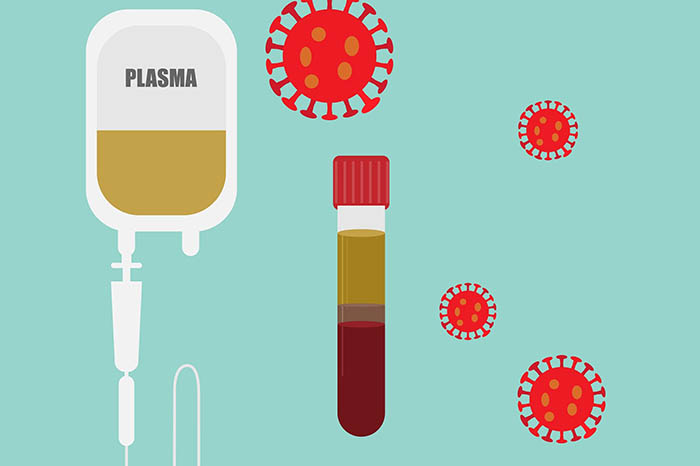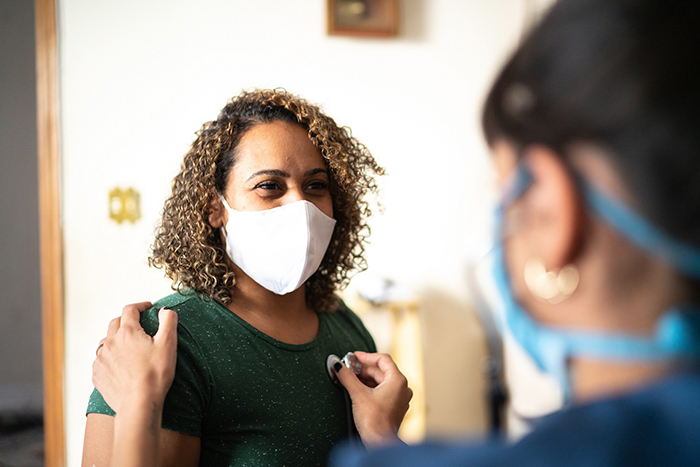Urgent Care
If you need care immediately, urgent care can provide similar services to a MinuteClinic, as well as treatments for non-life-threatening illnesses or injuries.
- Burns
- Suspected broken bones
- Cuts requiring stitches
- Infections, flu, and strep throat
Features List:
– IV drips
– Onsite lab services, X-ray & EKG
– Onsite lab services, X-ray & EKG
– Open 7 days a week most of the year
– Staffed with doctors & other care providers
– Staffed with doctors & other care providers
– Can prescribe medications
We partner with Peachtree Immediate Care providers for easy access to care.
For more information on the flu, visit emoryhealthcare.org/flu.
Emergency Room
When you have a life-threatening condition, severe pain, or injury, go to the emergency room or call 9-1-1.
- Heart attack or stroke
- Difficulty breathing, shortness of breath
- Chest or upper abdominal pain
- Fainting, dizziness, weakness, or lack mobility
- Changes in vision
- Confusion or changes in mental status
- Sudden or severe pain
- Uncontrollable bleeding
- Broken bones that break through skin
- Severe or persistent diarrhea or vomiting
- Coughing or vomiting blood
- Suicidal or homicidal feelings
- Poisoning
- Head or neck injury
- Suspected concussion
Features List:
– Open 24/7 all year
– Staffed with emergency medicine experts
– Treats most serious and severe conditions
Emory Healthcare
At Emory Healthcare, we’re here to help you find the care you need when you need it. With more than 3,400 doctors and 425 locations, including 11 hospitals, as well as primary care offices, urgent cares, and MinuteClinics, we’re delivering specialized care across the region. Find a doctor near you to schedule your annual screenings and exams.
Know Where to Go
Knowing where to go when you’re ill or injured makes a big difference. But it can get confusing. Know where to go to get the right care at the right time. Your pediatrician or primary care doctor knows your medical history best, but the Emory Healthcare Network also includes Peachtree Immediate Care Urgent Care and CVS MinuteClinics, hundreds of primary care locations, and 6 ERs throughout metro Atlanta. Get the care you need wherever you need it. See our map to find the locations closest to you.
Talk to Our Nurses
If you’re not sure if a trip to the ER is needed, call your family doctor or Emory HealthConnection, where our representatives and registered nurses can help you find a location or specialist that’s right for you. Call 404-778-7777: Monday – Friday, from 8 a.m. to 8 p.m. EST, Saturday from 8 a.m. – 5 p.m., and Sunday from 10 a.m. – 3 p.m.



